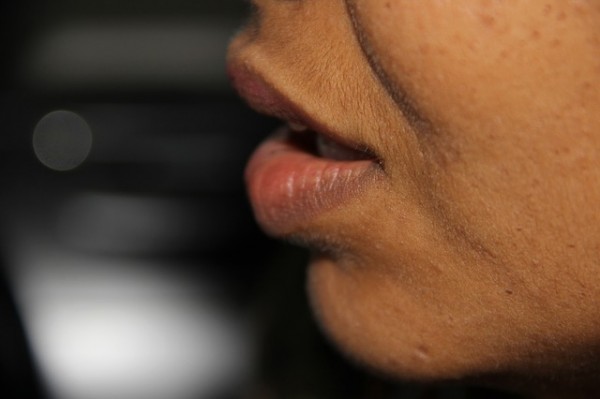Non-Smokers More Likely to Get Certain Oral Cancers

New research reveals that oral cancer differs in smokers and nonsmokers. Nonsmokers are more likely than smokers to have oral cancers that occur on the edge of the tongue.
The study also revealed high rates of mouth squamous cell cancer in nonsmokers, especially women, without obvious causes. Previous studies have linked head and neck squamous cell cancers to the five "S's" of smoking, spirits, syphilis, spices and sharp (or septic) teeth. However, other factors like immunosuppression and diet can also play a role in boosting the risk of developing oral cancers.
The latest study wanted to examine whether oral cavity cancers occurred more commonly at locations of dental trauma and how they differed between nonsmokers and smokers.
Led researcher Brendan J. Perry, B.Sc. M.B.B.S, of the Princess Alexandra Hospital, Brisbane, Australia, and fellow co-authors examined data from 724 patients of whom 334 had oropharyngeal cancer and 390 had oral cavity cancer. Study reveals revealed that 48 of the 334 oropharyngeal cancer patients were lifelong smokers, 266 were current smokers and 20 were former smokers. Of the 390 with mouth cancer, 87 were lifelong nonsmokers, 276 current smokers and 27 former smokers. The average age at diagnosis was 60 years old for oropharyngeal cancer and almost 62 years old for mouth cancer. Researchers noted that men were more likely than women to develop oropharyngeal cancer and oral cavity cancer.
Researchers also found that the edge of the tongue was the most common site of tumors in both smokers and nonsmokers. However, it was proportionally more common in nonsmokers.
"We acknowledge that this study does not prove that chronic dental trauma causes cancer. ... Our data support the limited evidence from the small number of previous studies that recognized a potential role of chronic dental irritation in carcinogenesis," researchers concluded.
The findings are published in the journal JAMA Otolaryngology-Head & Neck Surgery.
Nov 06, 2014 05:52 PM EST




